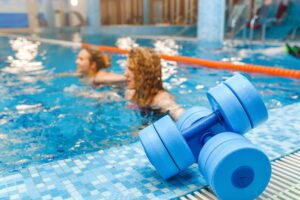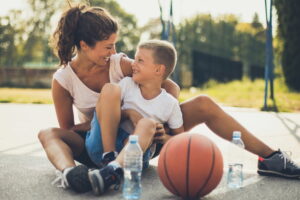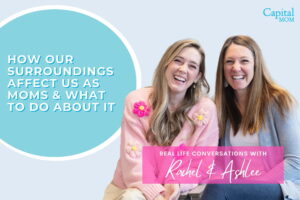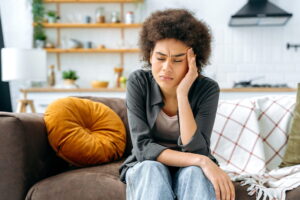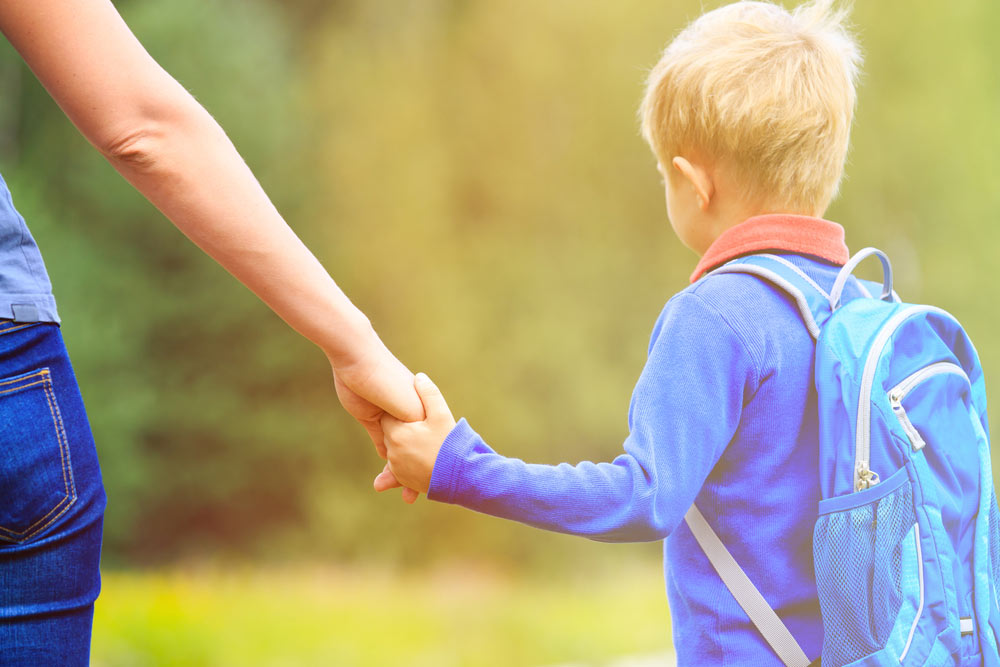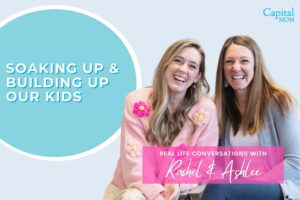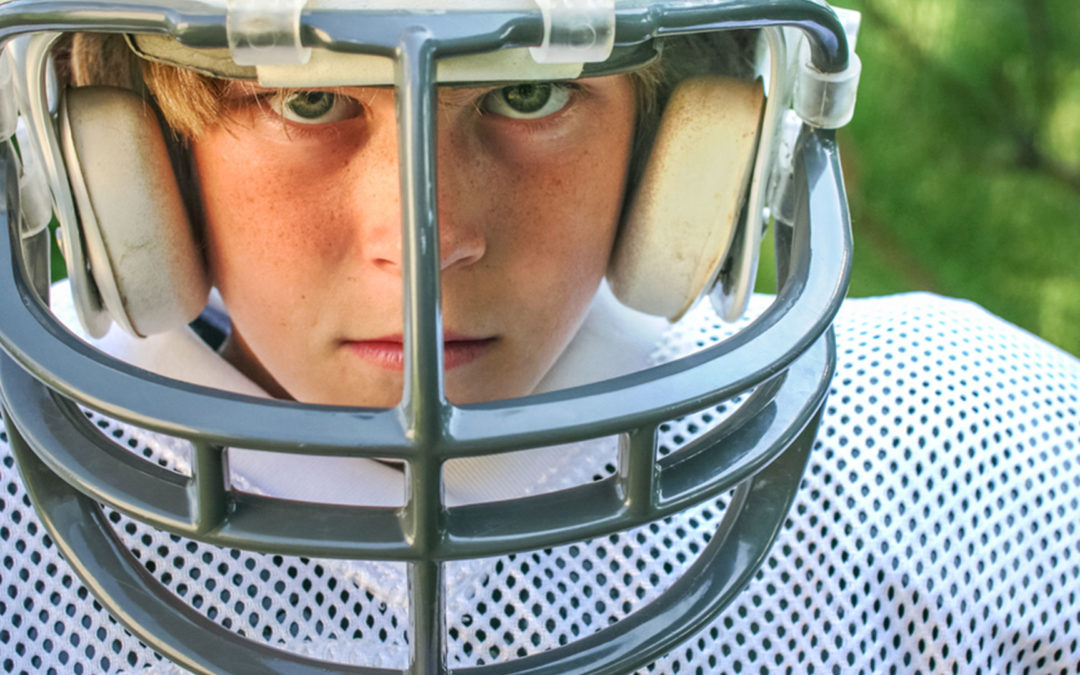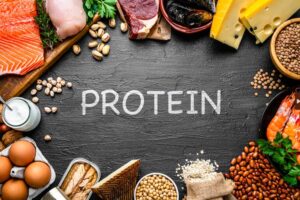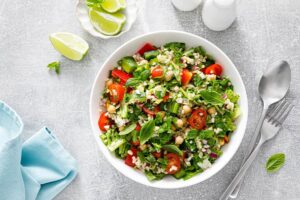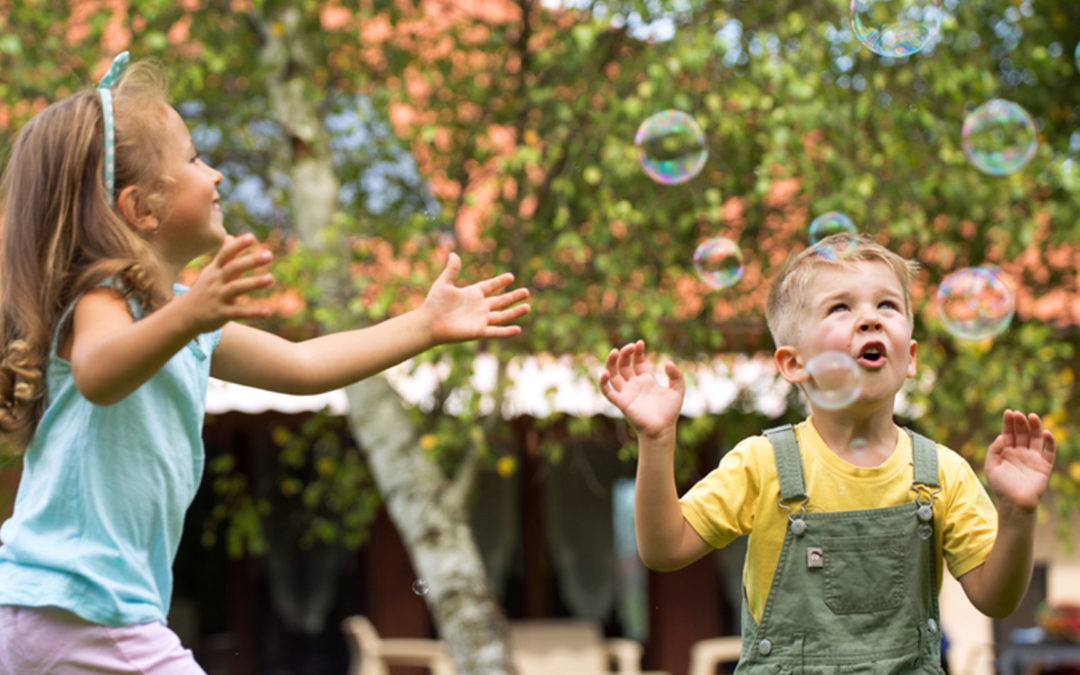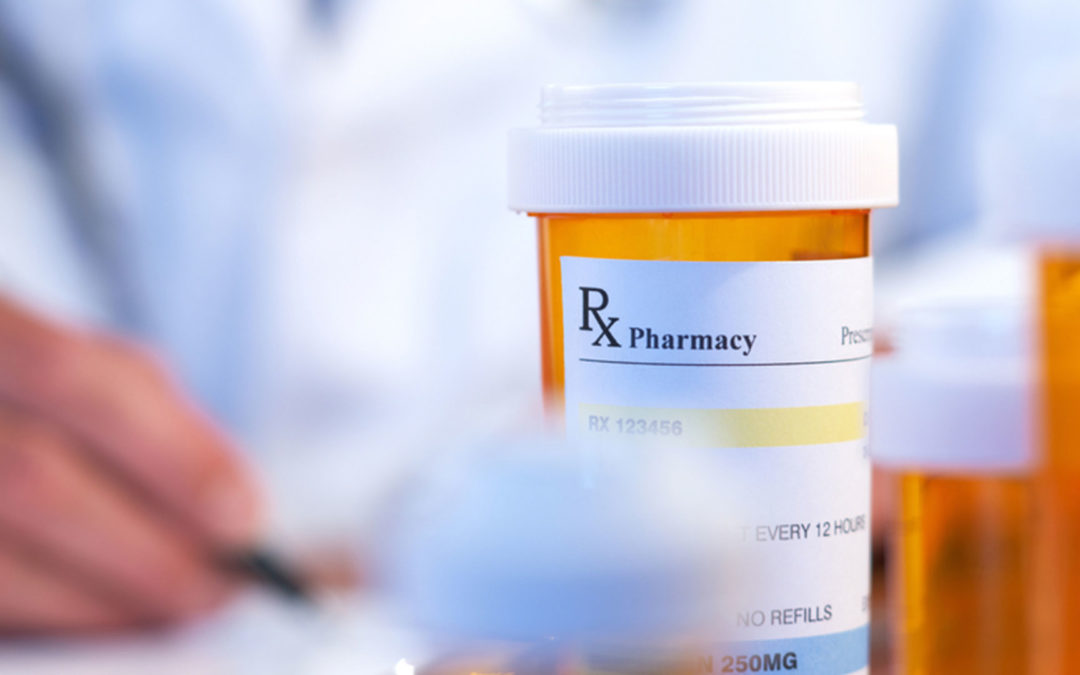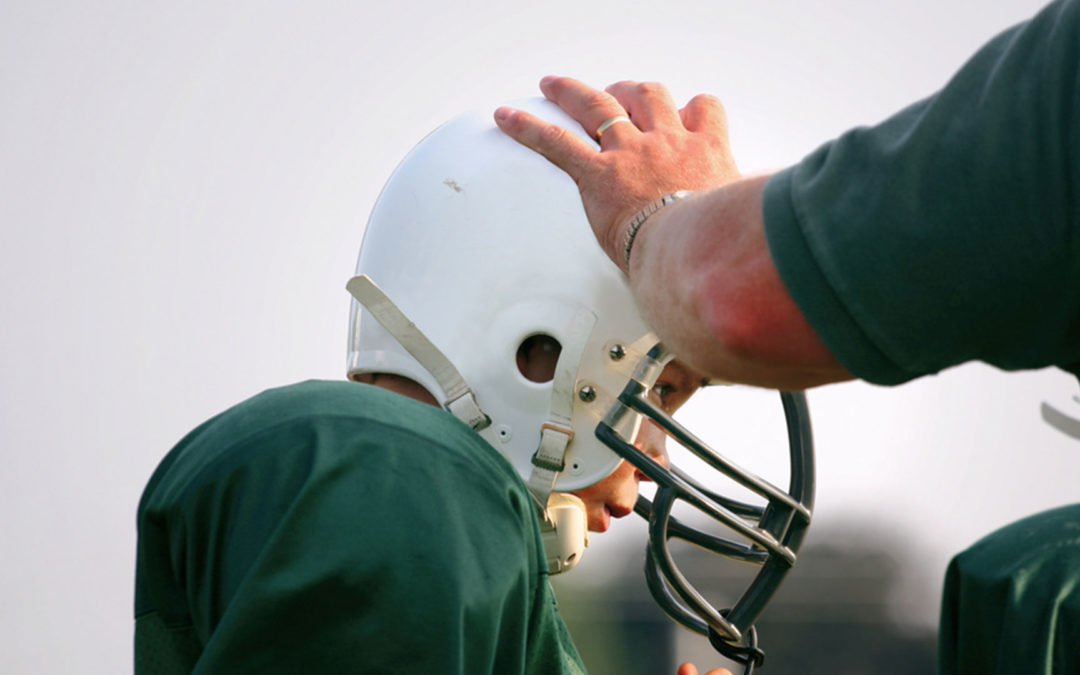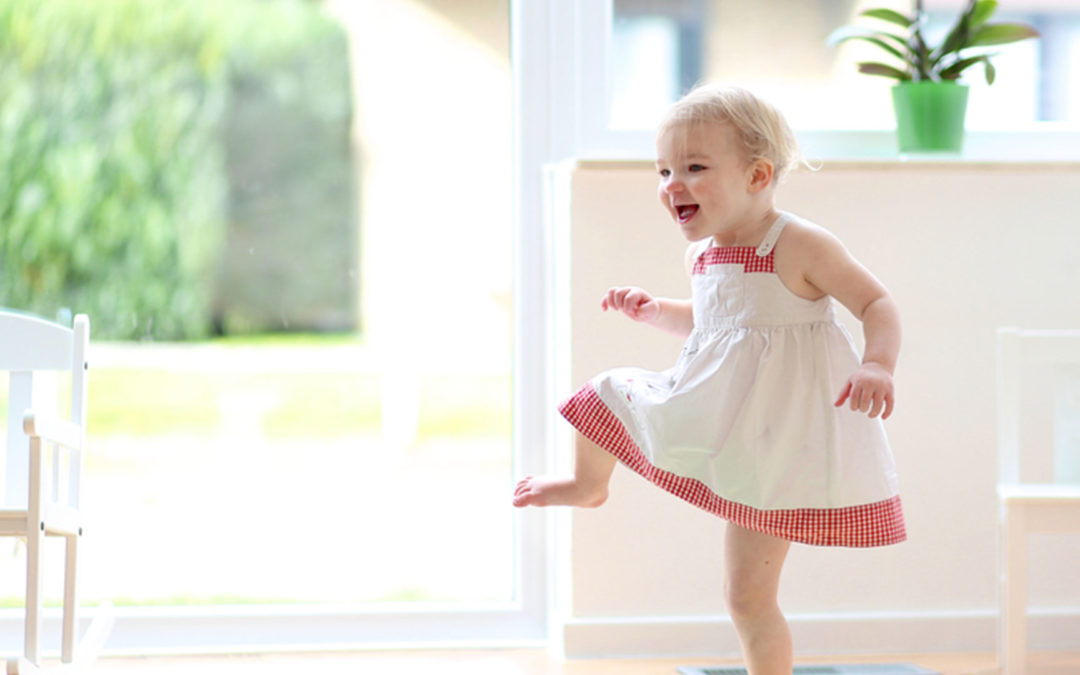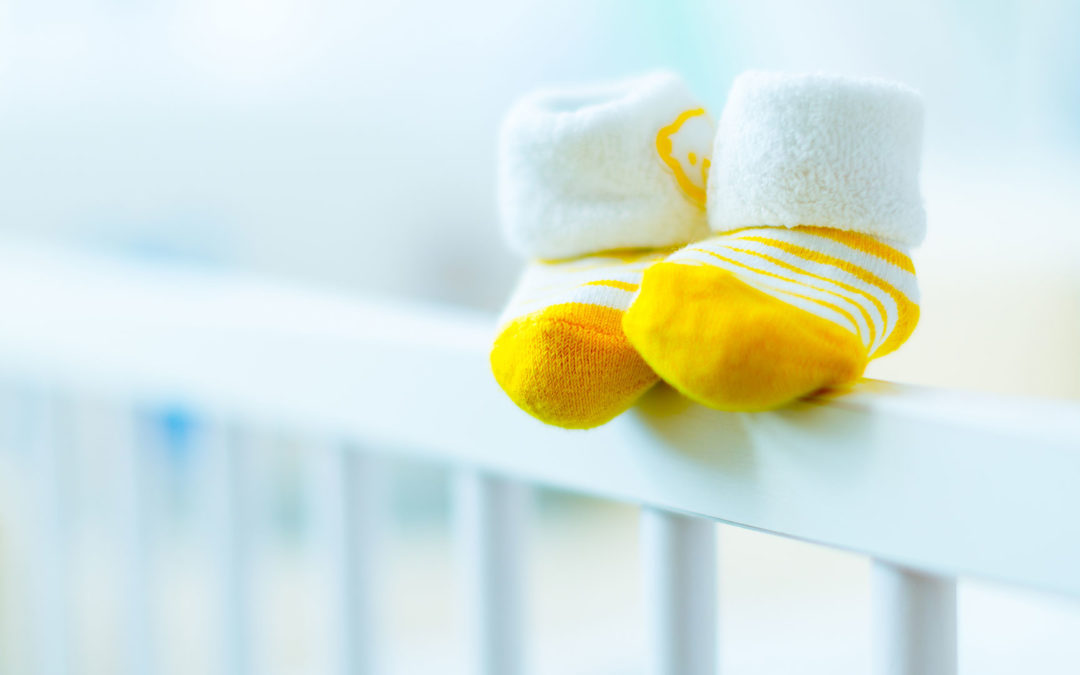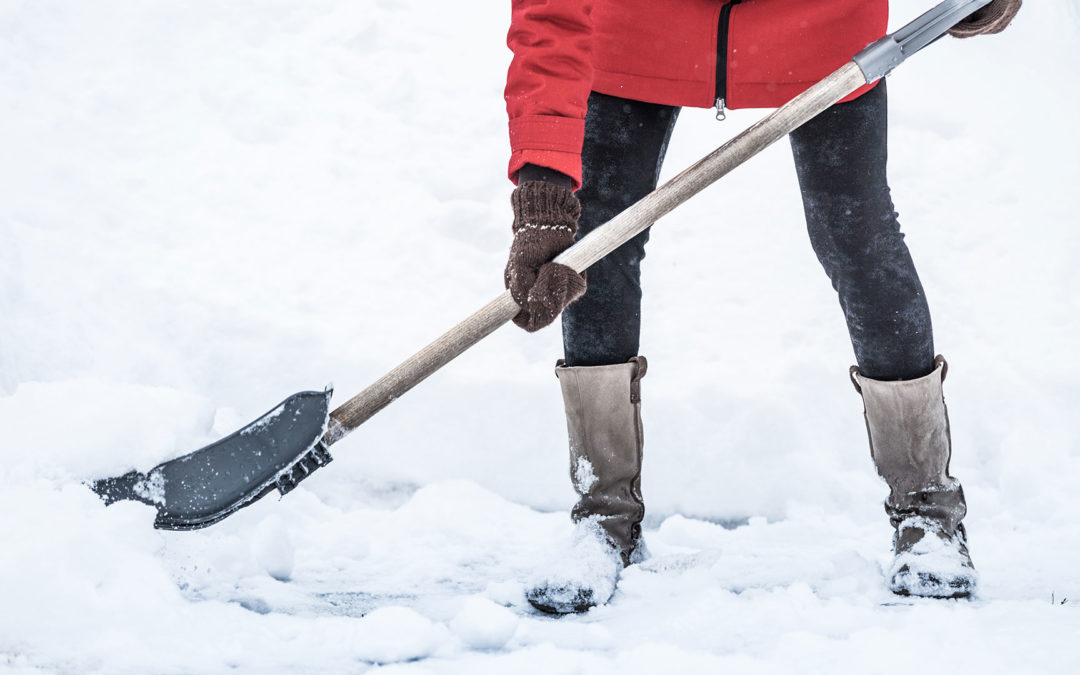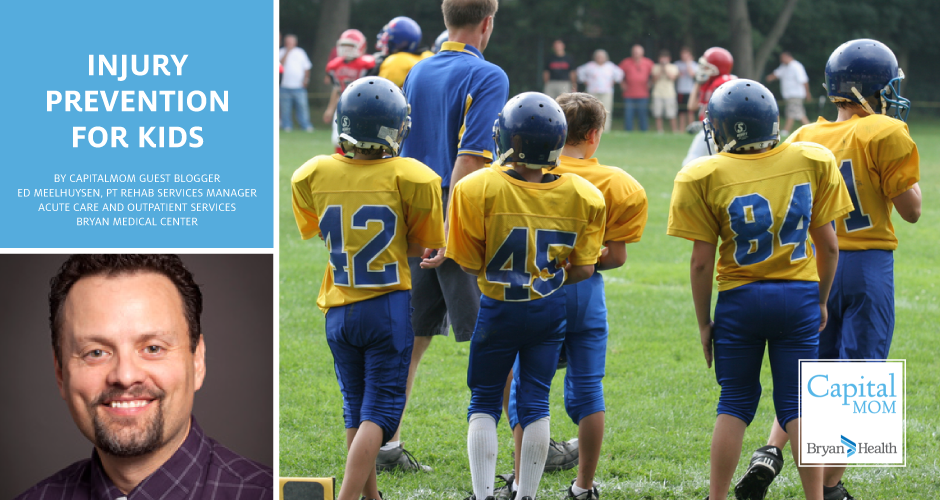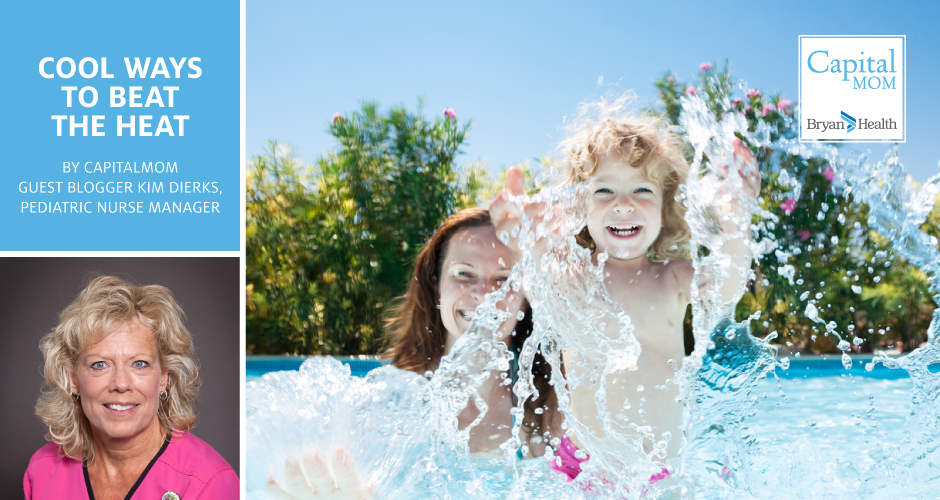
If you could prevent your child from getting cancer, what would you do?
You have the power to prevent cancer your child could get later in life
The dog days of summer are upon us and my family of six has spent countless days at the pool, baseball games and summer camps. Now a new school year is starting, and it’s a good time to make sure our children are up to date on their check-ups with the doctor, dentist and optometrist. As a parent of kids ranging in ages from eight to 13, this year also included discussions about the importance of getting the HPV vaccine for cancer prevention.
What is HPV, and how does it lead to cancer?
HPV stands for the human papillomavirus. It includes a group of more than 150 related viruses. Some types of HPV can cause warts or papillomas, which are non-cancerous. Most of the time our body’s natural immune systems can fight off the infections the virus can cause. But, some types of HPV cause cancer in both men and women. According to the American Cancer Society (ACS), HPV causes most cases of cervical cancer, and nearly all cases of pre-cervical cancers. It also causes many vaginal, vulvar, anal, penile, throat and tongue cancers.
As I began to learn more about HPV, I found myself wondering how common is the virus. What I found was astounding:
- Each year in the United States 31,500 people are diagnosed with a cancer related to an HPV infection.
- The virus spreads through skin-to-skin contact. Any man or woman who has ever had sex, including vaginal, anal or oral, can get the virus.
- Four out of five people will have HPV at some point in their lives, according to the latest estimates. The virus is so common that the best way to prevent an HPV infection is to get vaccinated.
Is the HPV vaccine safe?
This is the first thing I wanted to know after hearing about this cancer prevention vaccine! I felt comforted knowing that more than 270 million doses have been given around the world since 2006, according to the Centers for Disease Control (CDC). As a registered nurse, I understand any vaccination has potential side effects. Yet many people who get the HPV vaccine report no side effects. Potential side effects of the HPV vaccine have been mild like other vaccines. The HPV vaccine is approved by the CDC, and like all vaccines, receives ongoing monitoring.
So how can I prevent cancers that my kids could get later in life?
As a cancer nurse navigator and a mom of four children, I was very interested in the current recommendations to prevent HPV related cancers. I started by having a conversation with our family doctor. I learned my kids could receive the two series vaccination (six-12 months apart), as early as age nine or ten. The CDC highly recommends kids be vaccinated at ages 11 or 12, as that is when the vaccine has been shown to be the most effective. If a child starts the vaccination series between the ages of 15-26, a third vaccination is recommended.
The HPV vaccine prevents infections from nine HPV types that cause HPV cancers. According to the American Cancer Society, receiving the vaccine before being exposed to the virus can prevent up to 90% of HPV cancers!
As I was making doctor’s appointments for my kids, my almost 11-year-old son openly shared his disgust in having yet another “shot” scheduled with his upcoming appointment. This brought up a great moment to have a conversation about the purpose of this vaccine in preventing certain cancers later in life. He has heard many of my stories over the years of people struggling with cancer. He asked several great questions about the vaccine, and I didn’t hear him complain again.
A week later his sister was giving him a hard time that he was the ONLY kid who needed a shot this year. He promptly responded, “I’d rather have a two-second sting than a cancer that I didn’t need to have!” Proud mom moment!
I have had the personal experience of caring for patients with HPV related cancers. With this new cancer prevention vaccine, I feel so lucky to live during a time where these types of cancers could be greatly reduced or even eliminated in my kids’ generation!
My suggestion for parents is to talk with your child’s doctor about the HPV vaccine, and to your children about why “another shot” is so important. For more information, check out the links below.
*Information for this blog provided by American Cancer Society.
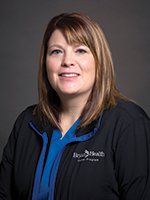
Carmen Orr
RN, Cancer Nurse Navigator
Carmen Orr is a Bryan Medical Center oncology nurse navigator, which is a specially trained nurses who are here to help you and your family through each step of your cancer journey.
How Important is the HPV Vaccine?
Listen to our podcast with Dr. Philip Boucher, a pediatrician with Lincoln Pediatric Group, to learn more about the importance of the HPV vaccine, research done on its effectiveness and tips on talking to your child about why they are getting the vaccine.



